Examples of soccer training by category
Did you know that training accounts for at least 50% of a footballer's daily practice? Whether you're an amateur or a professional. Are you looking for constant improvement? Don't neglect your training.
But how can you be sure it's adapted to the right age group?
A good structure within the club where you play, a good coach and, why not, a technical staff accompanying the team on a daily basis are essential for the players' progress. But you also need good infrastructures and quality sports equipment to be able to work in the best possible conditions.
It's essential to adapt your training style to the age group you're working with.
We've put together a guide to training tips for different categories of players, with 5 essential products to help you get the job done. Our teams of experts in innovative pitch equipment are well aware of this, and have designed a wide range of sports products as varied as they are innovative, to help you progress, and above all at extremely attractive prices.
Soccer training for U7 and U9: building technical foundations through play
The U7 and U9 categories are where young players make their soccer debut. They're discovering the sport, the rules, coaches and teammates. Of course, it's all about leisure and fun, as children need time to assimilate many things at once. Of course, it's also the time when children are most likely to discover and develop their psychomotor skills.
As a trainer, you'll need to :
- focus on play: lots of games, plenty of space for the players, and they need to touch as many balls as possible to become familiar with them.
- in the first 3/4 years, start building a solid technical foundation by teaching them the classic control-pass technique. If possible, incorporate a new rule of the sport into every training session.
- And last but not least, through fun games, mini-competitions with slaloms, races and jumps to develop their motor skills and coordination .
5 must-have items for your soccer club
- Quickfire goals, 2.4 x 1.5m and 3 x 2m, to accommodate match series.
- Precision hoops to teach the basics of accurate passing.
- Poles, cones and ground markings to help children quickly understand how to move around in a defined space.
- The ball trolley, to relieve the trainer and, above all, set up rules for tidying up at the end of the session. Yes, because sport is also the school of life.
- A set of 5 foam hurdles to improve coordination while being 100% safe for children.
Soccer training for U11 and U13: specific work
In the U11 and U13 categories, the coach can slowly begin to instill competitive values. As the youngsters also begin to develop a more competitive spirit, the coach will start to discuss tactical aspects of the game, as well as the placement and movement of players on the pitch.
The coach will also start to use more specific training equipment, and the aim will be to improve the physical condition of the young players through intermittent endurance and aerobic exercises.
Finally, we'll also be doing increasingly advanced coordination exercises to develop all the physical qualities needed to continue progressing, such as :
- balance
- speed
- endurance
- relaxation
- coordination.
Top 5 Netsportique products for these categories:
- The complete soccer training kit
- Powershot modular soccer goal 4 x 1.5m
- Precision shooting wall to improve aiming skills
- Stopwatch to start endurance and speed drills
- Octagonal rhythm ladder, perfect for perfecting coordination
U15 and above soccer training: what tactics should you adopt?
The U15 category marks a real turning point in a young footballer's sporting career. It's certainly the time when progress is most rapid. Not least because the physical changes brought about by adolescence enable players to see further ahead in their quest for progress. It's also the time when you acquire the most technique, when you're capable of retaining and assimilating a large number of elements, and when nerve and neuronal connections are rapidly established.
The coach will fully implement a game tactic, which the players will have to respect thanks to tactical training sessions. The coach will have to adapt and adopt a game strategy based on the major characteristics of his squad:
- If he has players with a dominant attacking streak, who make the ball live, he will undoubtedly have to adopt an offensive strategy.
- On the other hand, if he has a majority of players who know how to defend, he'll need to adopt a defensive strategy. All the while opting for the best strategy depending on the opponent they're up against.
It's also the first time you can start transforming and slightly optimizing bodies by sculpting them with bodyweight training.
The 5 essential sports equipment for this category:
- The magnetic tactical board to convey clear tactics to your players
- Size 5 soccer ball, perfect for competition and matches
- Medicine balls for body sculpting and endurance training
- 8m agility ladder to become a coordination whiz
- Mini rebound net to perfect your reactivity and ball control technique
Pro soccer training: all the field equipment
First and foremost, it's important to remember that professionals train every day, sometimes even twice a day, so it's easy to understand the vital importance of quality sports equipment. Professional footballers progress through repetition of gestures and actions, so they need sports equipment that lasts over time.
Once you're a professional footballer past the age of 23, you won't progress any further in terms of technical psycho-motricity. But where the coach's role comes into its own is thatyou can always help your players progress tactically and mentally. The role of doctors in injury prevention, of assistants and staff in the preparation of training sessions and of the mental coach in match preparation is ultra-important!
The difference can also be made when it comes to physical fitness: every professional player needs tohave an impeccable physique, which means spending hours in the gym.
The 5 pieces of Netsportique sports equipment developed for soccer professionals:
- The outdoor training kit to work on defenders' dry stress relief
- The transportable 11-a-side soccer goal, so you can move your training goal anywhere, anytime.
- The 4-sided rebound net to work on reactivity and ball control
- Our ball launchers to be the most skilful in front of goal!
- A kit of 3 professional dummies to help you become the best free-kick taker.
Summary of key soccer training points by age group
- Regardless of the age group you want to train, it's important toindividualize the physical workload as much as possible, because everyone has different needs. That's why you need to draw up a clear plan at the start of the season, with groups of different levels to work on the physical aspect.
- As for thetechnical aspect, it's a clever mix of ball retention in tight spaces, tactics, long games, aerial play, exercises in front of goal and, above all, adapting exercises according to position, as each player needs more or less specific qualities depending on the position he or she occupies on the pitch.
Remember that by being as close as possible to the players' needs, and thanks to their experience and knowledge, the Netsportique teams are able to supply sports equipment for all levels of practice, at unbeatable prices.

 German : Beispiele für Fußballtraining nach Kategorien
German : Beispiele für Fußballtraining nach Kategorien  French : Exemples d’entrainement de foot par catégorie d'âge
French : Exemples d’entrainement de foot par catégorie d'âge  English : Examples of soccer training by category
English : Examples of soccer training by category  Spanish : Ejemplos de entrenamientos de fútbol por categoría
Spanish : Ejemplos de entrenamientos de fútbol por categoría  Italian : Esempi di formazione calcistica per categoria
Italian : Esempi di formazione calcistica per categoria  Dutch : Voorbeelden van voetbaltraining per categorie
Dutch : Voorbeelden van voetbaltraining per categorie 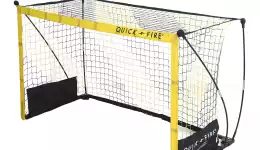
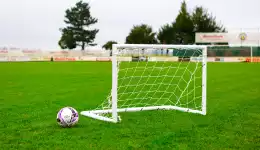
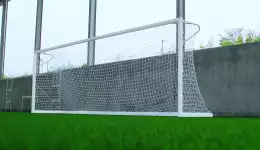
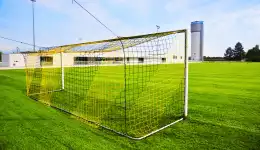
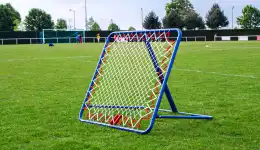
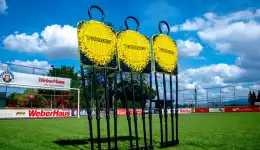

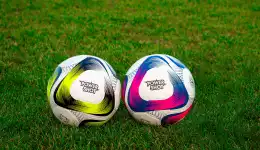
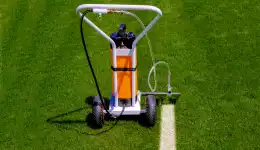


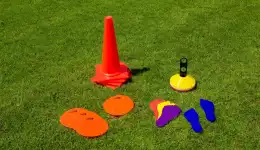

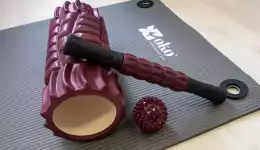
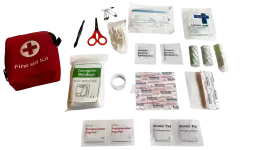

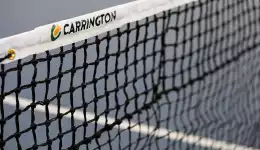
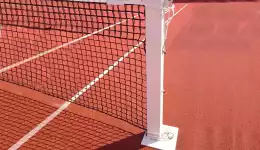

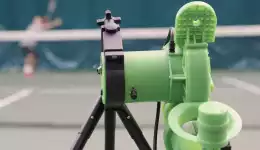
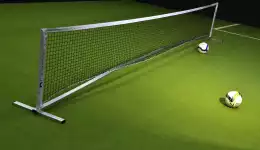

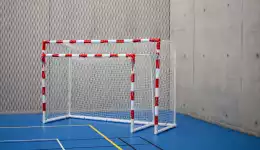
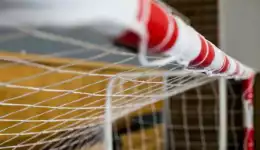
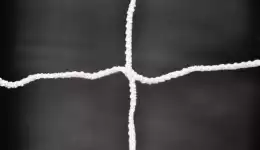
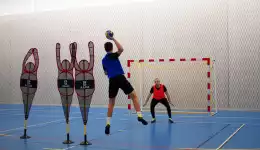
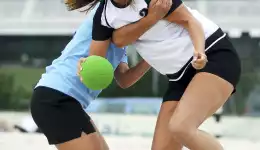
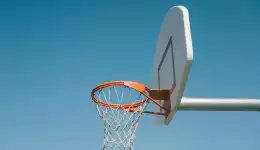
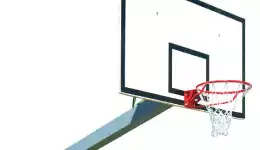
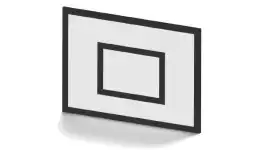
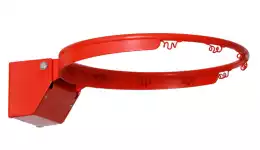
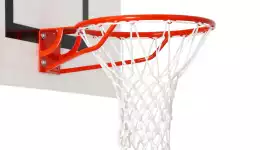
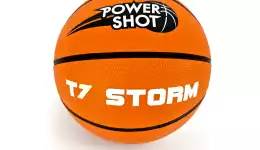
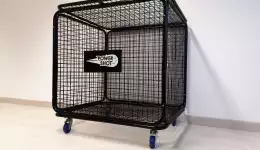
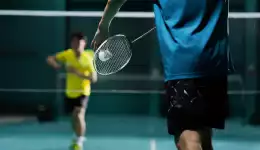
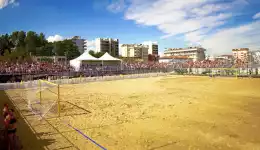
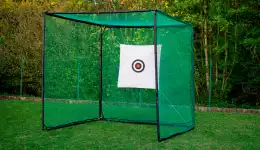
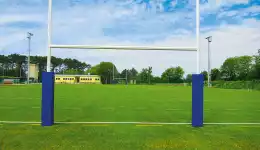
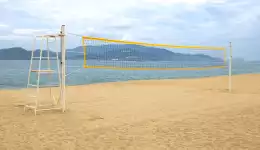
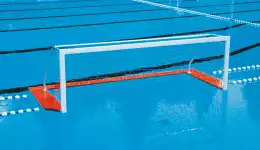












.jpg?width=400&height=300&crop-to-fit=1&quality=70&save-as=webp)

